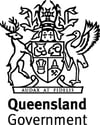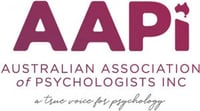2023 Frontline Mental Health Conference
Monday 6 – Tuesday 7 March
RACV Royal Pines Resort Gold Coast
Improve the Mental Health and Wellbeing of
Australia & New Zealand’s First Responders
Uniting Frontline Leaders to Improve Mental Health & Wellbeing
While resilient, frontline workers are at high risk of poor mental health.
Depression, anxiety, insomnia, and psychological distress amongst sector workers are on the rise. Pandemic challenges, worker shortages, and extreme weather events continue to intensify the problem.
What this points to is an urgent need for tailored support and care.
Connect with leaders and managers in police, fire, defence, rescue, and emergency services. Collaborate on solutions to improve frontline mental health. Learn from each sector and discover new ways to provide tailored care for your workers.
Troubling Statistics
1/3
One in three emergency workers suffer from high to very high levels of psychological distress.
6 Weeks
One police officer, paramedic or firefighter is taking their own life every 6 weeks.
10%
10% of frontline workers have probable PTSD, compared to an estimated 4% of the general population.
Sources:
National Coronial Information System Intentional Self-Harm Among Emergency Services Personnel 2015
National Mental Health and Wellbeing Study of Police and Emergency Services (2016-2020)
Why attend FMHC23?
| Understand the current challenges and opportunities for our sector. Hear as we discuss what is happening in the field vs what needs to happen to support our frontline workers as they face unprecedented demand and challenges. Learn the most up-to-date research, data and evidence-based plans from around the world. |
|
| Tap into more advanced work systems and care models. Hear from experts on what new mental health care models for frontline workers could look like. Learn how we can support the longevity of our workforce and strategically manage our workforce. |
|
| Feel connected to your community of frontline workers and mental health professionals. Gather with likeminded sector professionals to share stories, experiences and future plans for the sector. |
|
| Walk away with ideas, insights and fresh approaches. Listen to the ideas from around the sector which could be useful in your work with your community. |
|
| Share, Collaborate and Listen. Join with your peers and learn from other frontline leaders, frontline workers and mental health professionals in the field |
|
| Lend your voice and your ideas. Have your voice, research or insights seen and heard either as a presenter, or during the interactive Pan-Shops. This is your chance to create transformation in our sector. |
|
| Take time out from your everyday to plan a stronger tomorrow. Take a break from your normal work week. We know you need it. Experience this event and get your fingers on the information which will allow you to provide exceptional mental health services to your community whilst fueling your own desire for creating meaningful change in the industry. |
What Our Attendees Have to Say
From stigma to solutions
Ultimately the goal of FMCH is to connect Australian & New Zealand frontline workers with the mental health sector to address key challenges and create solutions to advance the health and wellbeing of all frontline workers.
Keynote Speakers
Belinda Connell
NSW/ACT Training Manager, LivingWorks Australia
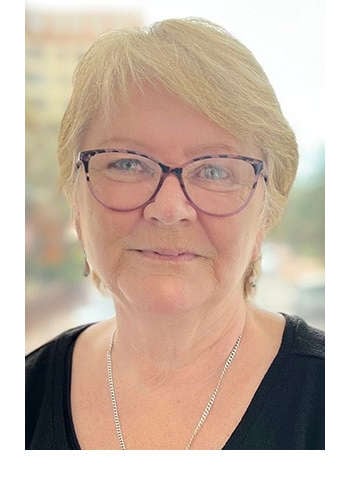
Belinda Connell
NSW/ACT Training Manager, LivingWorks AustraliaBelinda Connell has been a registered Social Worker for 25 years and has over 10 years’ experience in suicide prevention, delivering LivingWorks’ suicide intervention training in Australia and overseas. Prior to joining LivingWorks, Belinda worked in Government and Non-Government sectors and has also served as a sworn Police Officer with the NSW Police Service. This experience has helped her establish and nurture relationships with first responders, ultimately building LivingWorks’ network of safety. As State Training Manager for NSW and ACT, Belinda oversees and supports a network of more than 190 LivingWorks ASIST and safeTALK trainers, and sits on the Suicide Prevention Australia NSW/ACT Joint Committee.
Sergeant Matt Ireland
Respectful Workplace Officer, NSW Police Force
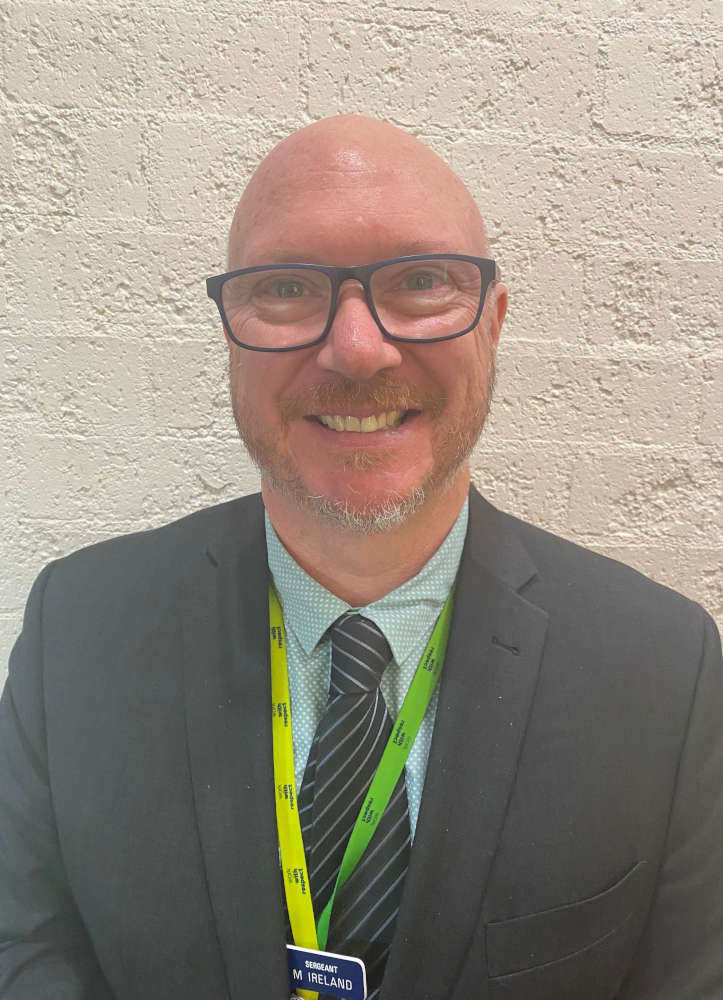
Sergeant Matt Ireland
Respectful Workplace Officer, NSW Police ForceSgt Matt Ireland is in his 23rd year within the NSWPF. He has served within metropolitan, regional and remote areas of NSW. He spent 6 years with the NSWPF Mental Health Intervention Team. Sgt Ireland has an Honours Degree in Psychology and was a PhD candidate in 2018 when he was seriously assaulted whilst on duty. After a significant time out of the workplace following a diagnosis of PTSD, he now holds a position within the NSWPF People and Capability Command. In 2022 he walked the Camino de Santiago - an 850km journey across Spain.
Cameron Watts
Managing Director, Capital Integrity and Fortem Australia Ambassador
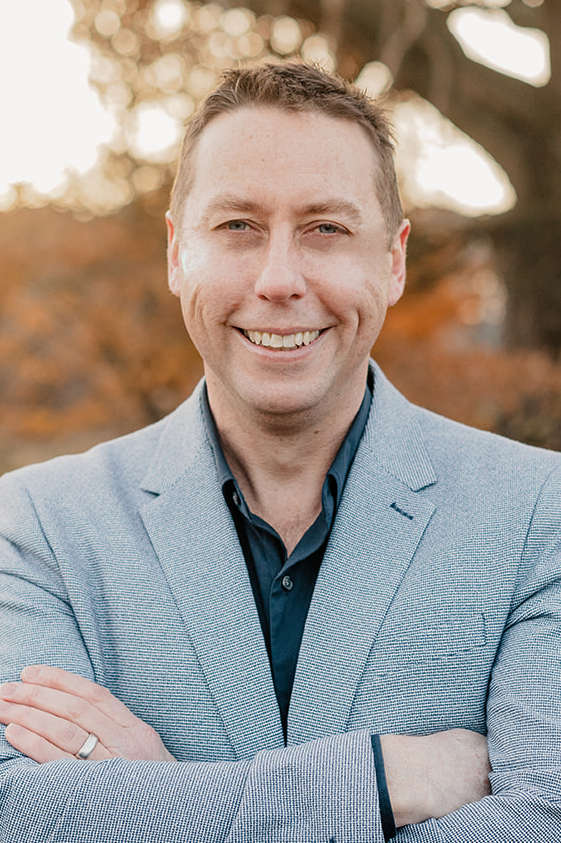
Cameron Watts
Managing Director, Capital Integrity and Fortem Australia AmbassadorCameron is the Founder and Managing Director of Capital Integrity, a strategic counsel and government relations consultancy that helps clients in the tech and cyber fields engage with government and industry.
Cameron served fourteen years in the Australian Federal Police, most of this time in leadership roles, and as an AFP advisor to the federal government. He also led some of Australia’s biggest corporate criminal matters including foreign bribery and corruption investigations.
Cameron has deep expertise in engagement with senior decision makers in government both domestically and internationally and uses this expertise to align the needs of government and his clients.
Cameron is a strong advocate for first responders and the need to provide support to this under resourced cohort, and he and his wife Sharn are both proud Fortem Australia Ambassadors.
Megan Kingham
Director Staff Health, People & Culture
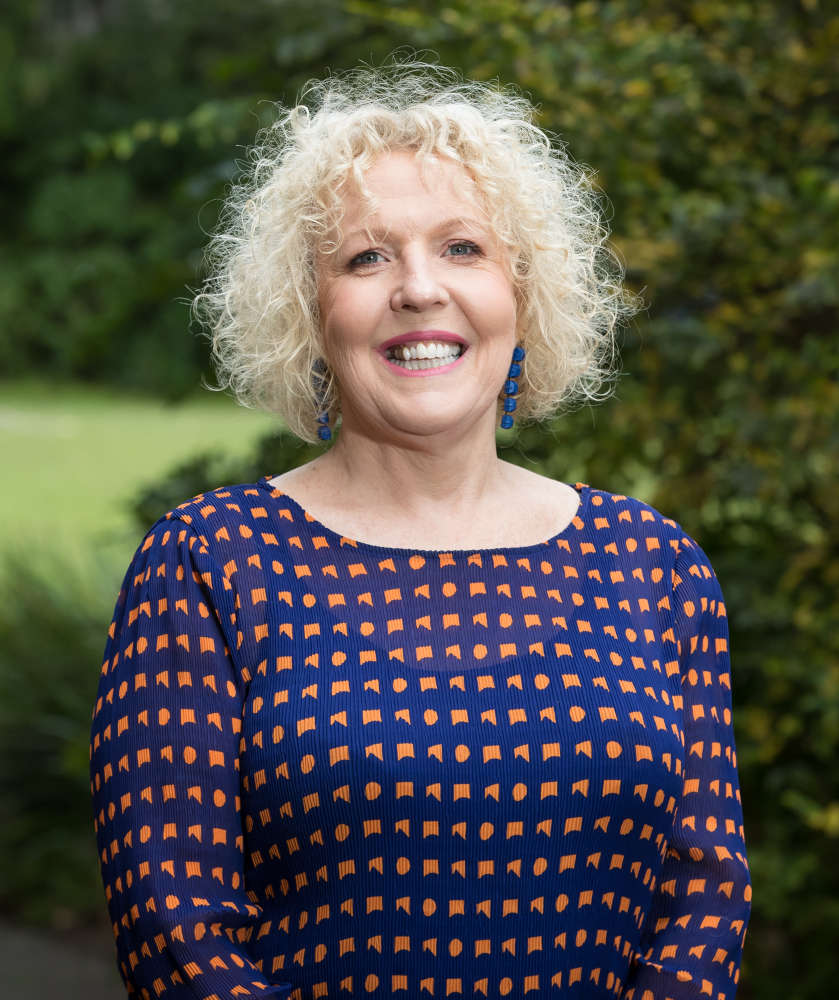
Megan Kingham
Director Staff Health, People & CultureMegan has worked in health and wellbeing for nearly 20 years. She launched Australia’s first national corporate health and wellbeing program at AGL in 2005 and since then has worked in a variety of settings, including tertiary education and the private sector. Megan has been the Director of Staff Health at NSW Ambulance since January 2020 where she leads a team of brilliant people who strive every day to provide best practice, employee centred support to more than 7000 employees.
Professor Sam Harvey
Executive Director and Chief Scientist
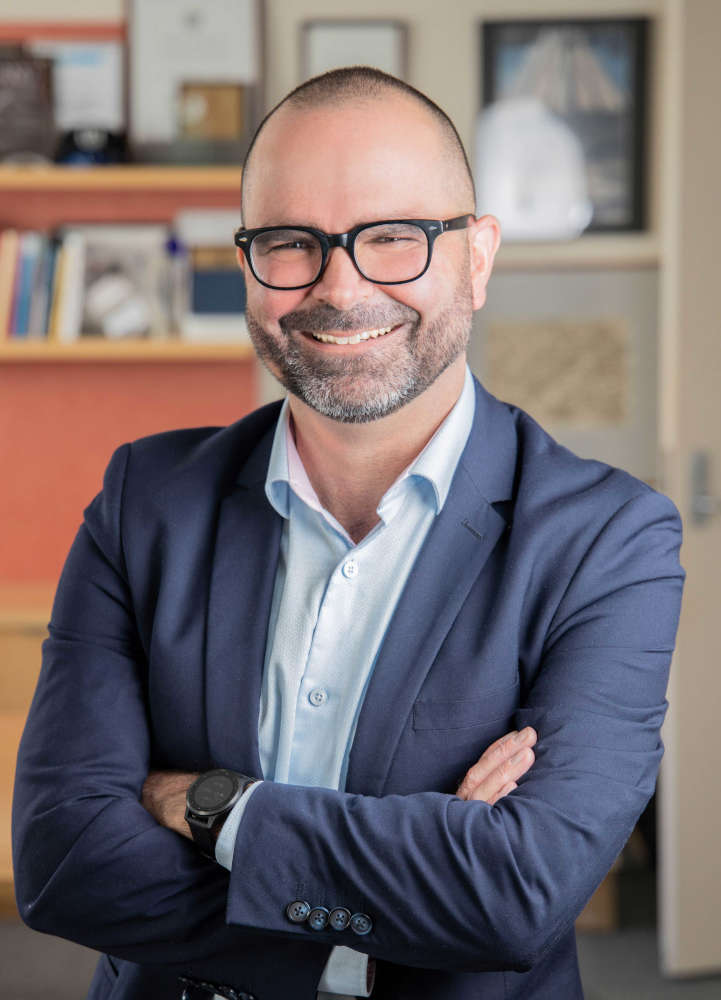
Professor Sam Harvey
Executive Director and Chief ScientistSam Harvey is a Professor of Psychiatry and the Executive Director and Chief Scientist of the Black Dog Institute. Over the last 10 years he has led Australia's largest program of research focused on the mental health of frontline workers. Together with Prof Richard Bryant, he established the Bushfire Support Service after the 2019/20 bushfires, which has now transformed into Australia's National Emergency Worker Support Service (NEWSS).
Leona Tan
PhD Candidate, Black Dog Institute, University of New South Wales
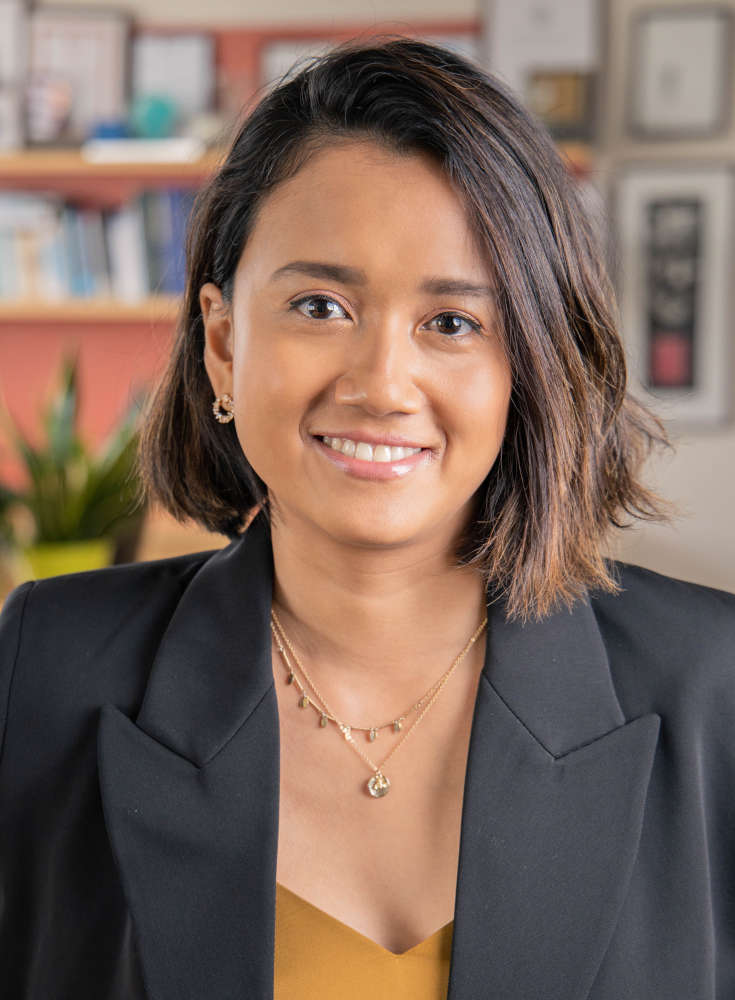
Leona Tan
PhD Candidate, Black Dog Institute, University of New South WalesLeona Tan is PhD Candidate based at the Black Dog Institute and University of New South Wales. Her PhD aims to investigate the feasibility and effectiveness of mind-body resilience training to prevent the development of trauma related mental health disorders in first responders.
Her excellence in research has been recognised by numerous competitive awards including the 2021 John Raftery Early Career Award for Research in Traumatic Stress. Her research has also influenced organisational policies within local and international first responder organisations, as well as the World Health Organization in their development of guidelines for high-risk industry groups, including first responders.
Hugh Strong
Deputy Group Officer - Training, Queensland Rural Fire Service and Stanthorpe RFS Group
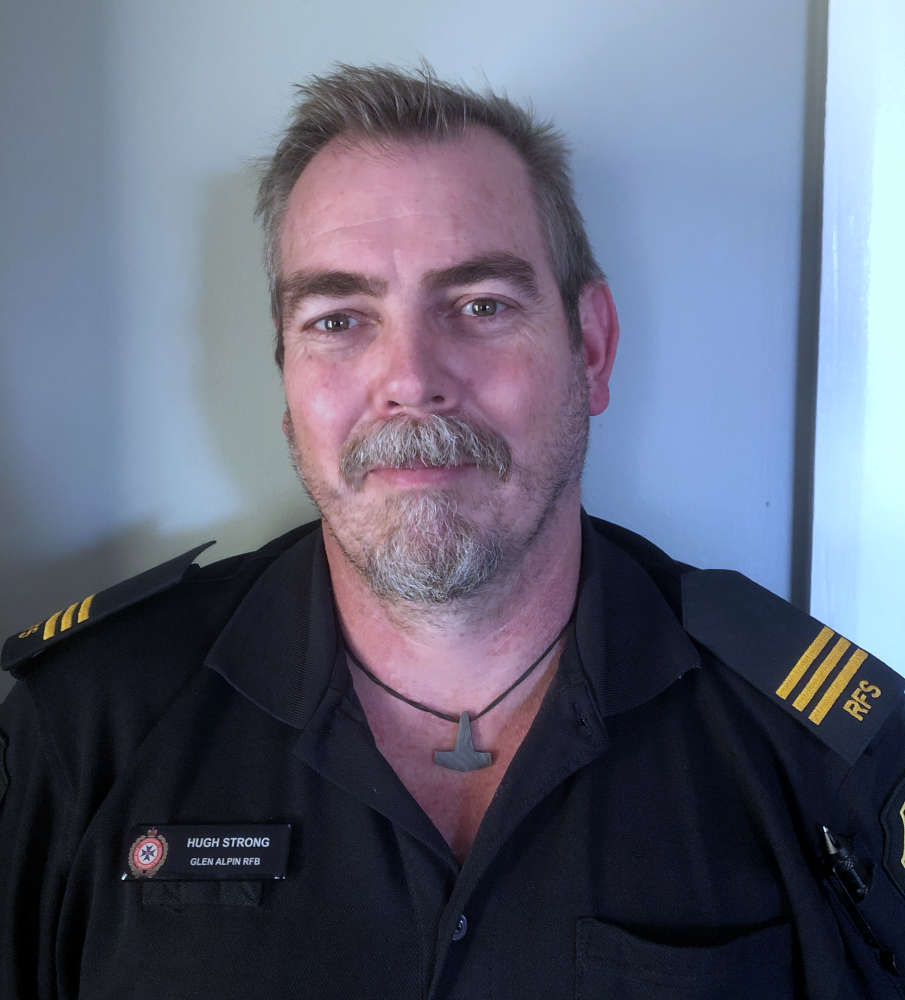
Hugh Strong
Deputy Group Officer - Training, Queensland Rural Fire Service and Stanthorpe RFS GroupHugh Strong commenced with the Queensland Rural Fire Service in 2014. He is a Crew Leader and Brigade Training Officer with Glen Aplin Rural Fire Brigade as well as a member of the Queensland RFS Remote Area Operations team or RAFT. Hugh was elected to the position of Deputy Group Officer for Training for the Stanthorpe Group in October 2022. He has lead crews during the 19/20 Black summer fires as a crew leader, sector commander and divisional commander as well as acted in the role of deputy strike team leader during deployments interstate and been part of strike teams to flood zones assisting in recovery efforts.
Outside of the RFS, Hugh works for the Federal Government in the welfare sector dealing with the vulnerable in areas such as domestic violence, natural disaster recovery and welfare payments as well as being a first aid officer and mental health first aid officer. Hugh also is a self-defence instructor assisting domestic violence and assault survivors rediscover their strength and confidence.
Dr Mark Deady
Senior Research Fellow, Black Dog Institute
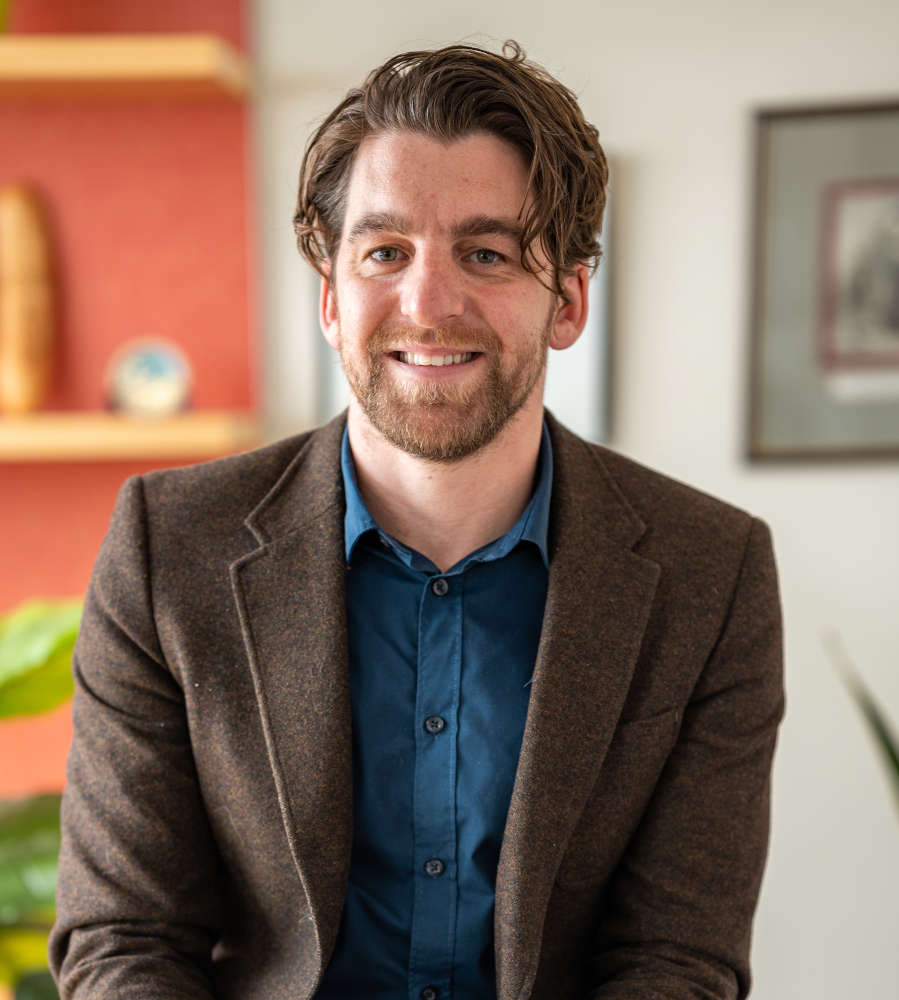
Dr Mark Deady
Senior Research Fellow, Black Dog InstituteDr Mark Deady is a UNSW Senior Research Fellow based at the Black Dog Institute, and the Research Lead within the Workplace Mental Health Research Program. He has over thirteen years research experience in the field of mental health and substance use disorders. Dr Deady has extensive expertise in the development of digital interventions, online service delivery, clinical trial evaluation and workplace mental health. His primary research interest is in improving access to evidence-based prevention and early intervention through technology and the translation of research into practice, particularly in vulnerable populations including young people and high-risk workforces.
Dr Aimee Gayed
Postdoctoral Research Fellow, Black Dog Institute
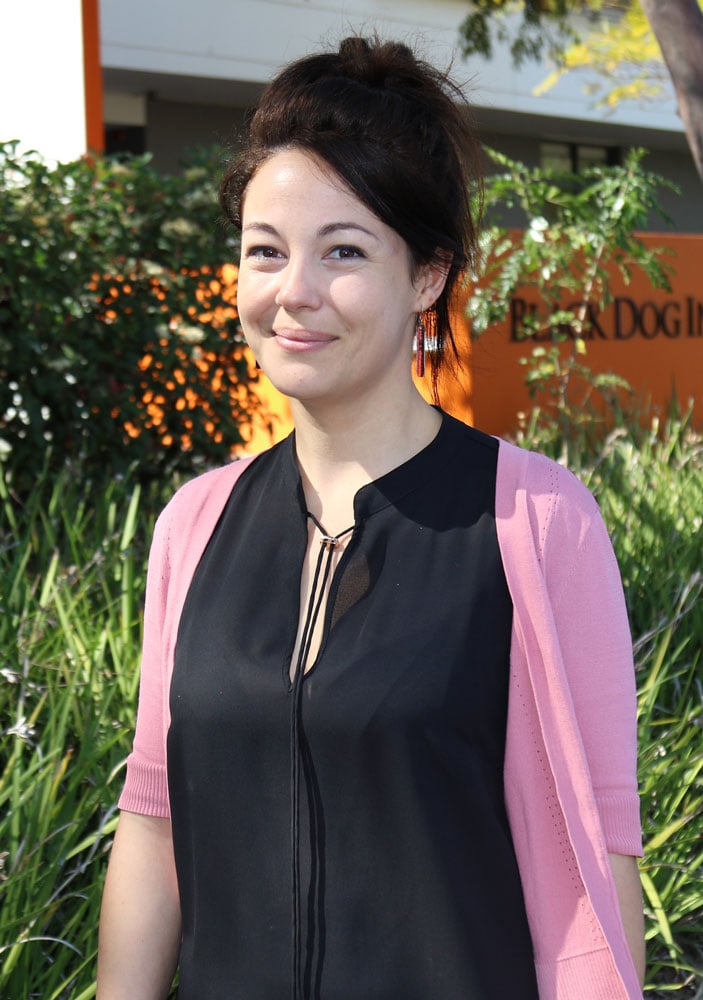
Dr Aimee Gayed
Postdoctoral Research Fellow, Black Dog InstituteDr Aimee Gayed is a registered psychologist with experience in research, professional education and clinical settings across mental health and criminological domains. Aimee has been with the Workplace Mental Health Research Team at the Black Dog Institute, UNSW since 2015. The primary focus of her research is developing and evaluating tailored training for managers, to help them better understand and better support the mental health needs of the staff they supervise. She is also leading research with employees in high-risk industries investigating the benefits of evidence-based workplace interventions designed to address psychosocial risk factors and promote more mentally healthy workplaces.
Commissioner Georgeina Whelan
Commissioner of ACT Emergency Services Agency (ACT ESA)
%20(002).jpg?width=511&height=768&name=WHELAN%20Georgeina%20(6%20of%206)%20(002).jpg)
Commissioner Georgeina Whelan
Commissioner of ACT Emergency Services Agency (ACT ESA)Georgeina Whelan graduated from Officer Training in June 1988. She has extensive experience in the command and management of Defence health systems, and military and civilian disaster and emergency response. As an Army Officer, Brigadier Whelan deployed to East Timor in 1999 and to Banda Aceh, Indonesia on Operation Sumatra Assist in command of the ANZAC Field Hospital in 2005. She has completed several leadership, management, and tertiary programs over the past two decades.
Georgeina joined the ACT Emergency Services Agency as the Chief Officer of the State Emergency Service in late October 2017. She was subsequently appointed as the Commissioner of the ACT Emergency Services Agency in September 2019. She was appointed as the ACT Emergency Controller and led the ACT response to the 2019 Black Summer Fires. She remains engaged with Defence through Reserve Services as a project officer within the Directorate of Army Health.
Georgeina was awarded a Conspicuous Service Cross (CSC) in 2004 and was made a Member of the Order of Australia (AM) in 2006 and awarded a Bar to her Conspicuous Service Cross in the 2016.
She was named ACT Telstra Businesswoman of the year in 2015 and awarded the ACT Public Service Award for Leadership in 2019.
Georgeina is the patron of the ACT Down Syndrome Association and sits on several research and advisory boards that focus on the provision of health and wellness programs to both ADF and Australian Emergency Service First Responders. She is also a member of the Australasian Fire and Emergency Services Male Champions of Change Coalition.
Georgeina is married to Gary a retired Army Officer and Fire Fighter and they have four children. Georgeina’s interests include coaching netball, following the NRL, cooking and watching Gary gardening 😊
Commissioner Dominic Morgan ASM
NSW Ambulance
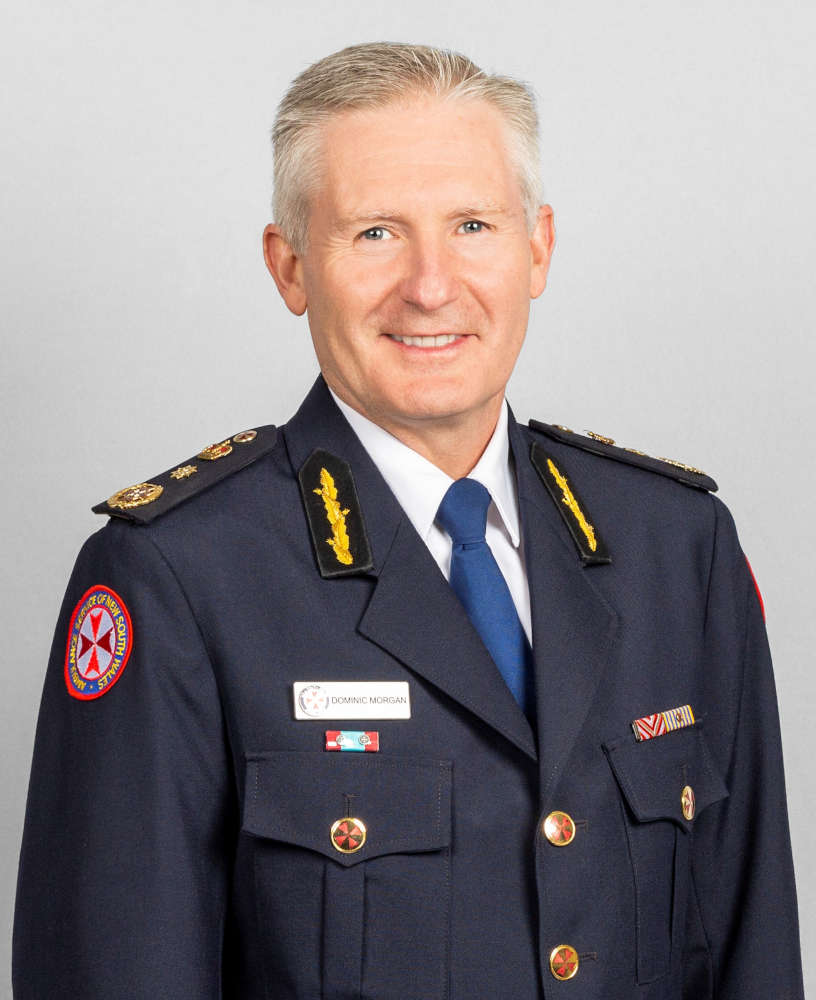
Commissioner Dominic Morgan ASM
NSW AmbulanceCommissioner Dominic Morgan has over 30 years of ambulance experience across a broad range of roles in the areas of operations, clinical practice and leadership within Ambulance Services and the Financial Sector. After commencing his career with NSW Ambulance, he was appointed as Chief Executive Officer of Ambulance Tasmania in 2009 and returned to NSW Ambulance in 2016 as Commissioner and Chief Executive.
He is a Board member and past Chair of the Australasian Council of Ambulance Authorities, the peak body representing the Ambulance sector in Australia, New Zealand and Papua New Guinea and he has also chaired a number of international sub-committees. He is also a member of the Ambulance Service Advisory Board.
Dr Morgan has a number of professional affiliations including Adjunct Professorship with the University of Technology, Sydney, as well as being a Registered Paramedic.
Dominic holds a Diploma in Education, Bachelor of Health Science and a Master of Business Administration. He completed his PhD in 2018 though the University of NSW in Medial Research.
Learning Streams
Our Vision
To have complete systems of care in which all frontline workers feel safe and supported.
Our Mission
To create a platform where frontline sector leaders can unite and share practical solutions, case studies, projects, and developments to further improve mental health and wellbeing.
Our Conference Experience Commitment
We are committed to helping you improve mental health for all frontline workers.
Providing you with an all-encompassing learning experience, our program of keynote speakers, industry presenters, interactive workshops and social functions will provide you with the insight, knowledge, and opportunities you need to create change.
To further our commitment, we will provide you with a library of resources, including all presenter recordings. This will ensure you are equipped with everything you need to continue learning long after the conference has ended.
Committee
Dr Loretta Poerio
Senior Mental Health Adviser at the Department of Veterans’ Affairs
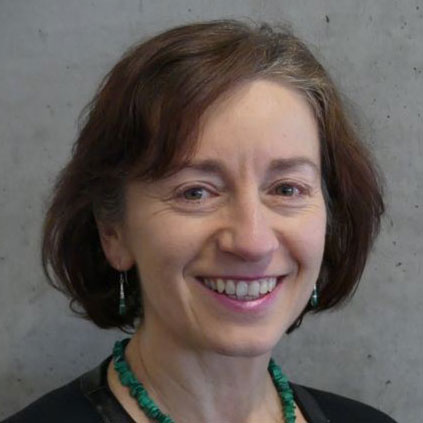
Dr Loretta Poerio
Senior Mental Health Adviser at the Department of Veterans’ AffairsDr Poerio is currently the Senior Mental Health Adviser at the Department of Veterans’ Affairs where she provides clinical advice to support policy, program development and research in relation to mental health, and contributes to the broader focus on mental health in DVA. She has also held the position of Assistant National Manager of the Veterans and Veterans Families Counselling Service (now Open Arms). Dr Poerio has a deep connection with the military; she worked as a Psychologist and clinical supervisor for the ADF in Darwin, her husband served the Army for 27 years, and her youngest daughter is currently serving in the Australian Air Force.
She has practised in the field of psychology in both clinical and management/advisory roles for over 25 years. She completed her PhD at Griffith University and her Clinical Masters at the University of Adelaide. Dr Poerio has worked in professional positions at the executive level across a range of organisations including the University of Sydney, Department of Defence, Centrelink, and the Commonwealth Department of Human Services.
She also works in part-time clinical practice, with her areas of interest involving trauma, bereavement, organisational change, resilience, workplace health, depression and anxiety.
Ms Pip Weiland CSC
Regional Director South Queensland, Open Arms - Veterans and Families
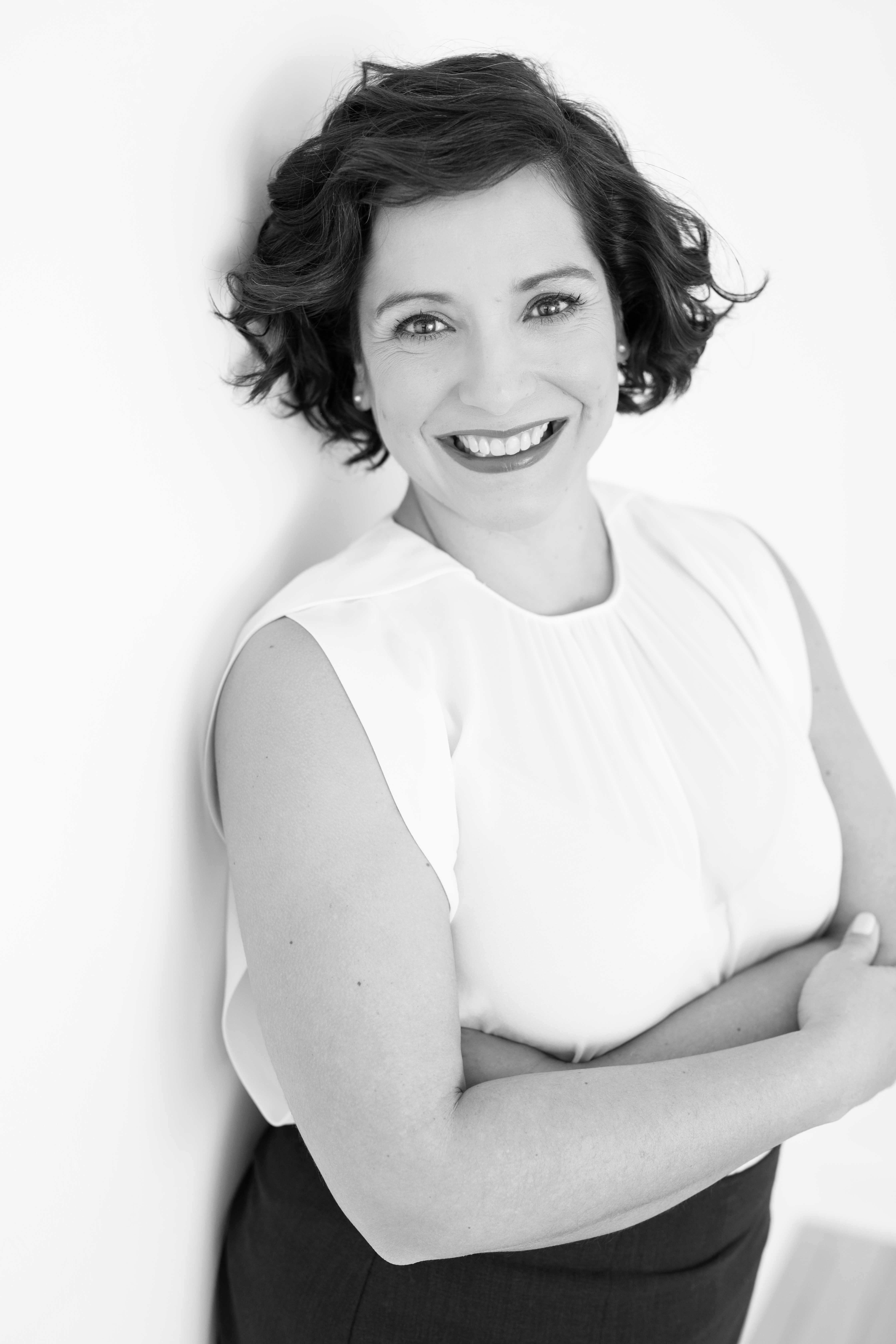
Ms Pip Weiland CSC
Regional Director South Queensland, Open Arms - Veterans and FamiliesPip Weiland commissioned in the Australian Army Psychology Corps in 2003, and during her 17 year career performed diverse roles across clinical, operational, research and staff positions. She completed her military service as the Commanding Officer 1st Psychology Unit, and is now the Regional Director South Queensland Open Arms, where she continues to support veteran and family mental health. Pip is passionate about evidence-based treatment, and has a special interest in psychological resilience and mental health issues associated with exposure to combat.
Tony ODay
Assistant Chief Fire Officer, Interoperability, Fire Rescue Victoria
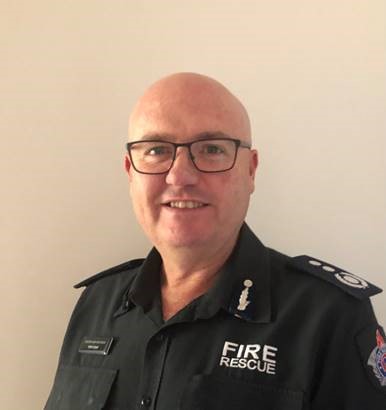
Tony ODay
Assistant Chief Fire Officer, Interoperability, Fire Rescue VictoriaTony is a career firefighter with over 25 years’ experience. He has tertiary qualifications in business and emergency management and was the Assistant Chief Fire Officer (ACFO) / Director - Emergency Medical Response / Wellbeing which included managing organisational wellbeing for the Country Fire Authority (CFA) of Victoria. At CFA he implemented a tailored wellbeing program for staff and volunteers and was a strong advocate for mental health, leading to the transition of the Wellbeing department from People and Culture into the non-traditional Operations Directorate, establishing wellbeing as being equally important as responding a fire truck. Tony commenced with Fire Rescue Victoria in 2020 and is the ACFO / Director of the Interoperability Department.
Todd Best
Senior Project Officer, Wellbeing Strategy Team, Queensland Police Service
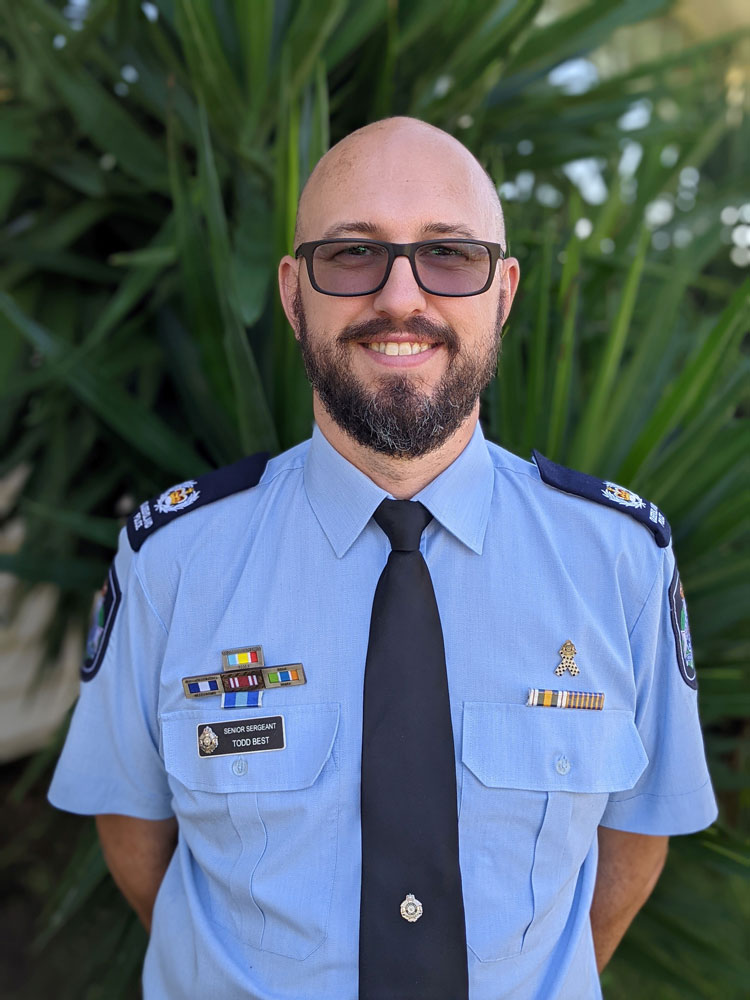
Todd Best
Senior Project Officer, Wellbeing Strategy Team, Queensland Police ServiceTodd is a Senior Sergeant with the Queensland Police Service, currently seconded to the Wellbeing Strategy Team as a Senior Project Officer, where he is working on (PFA / PSO Reviews and Suicide Framework). Todd’s policing career spans over 20 years and has seen him work across a variety of settings including People Capability Command, Financial and Cyber Crime, Electronic Evidence, Railway Squad and General Duties. Todd a Peer Support Officer, volunteering to assist and support his colleagues experiencing personal and work-related difficulties. Todd is passionate about mental health, in particular the impact of frontline service on the psychological wellbeing of first responders.
Dr Kate Martin
Director, College for Law, Education and Training
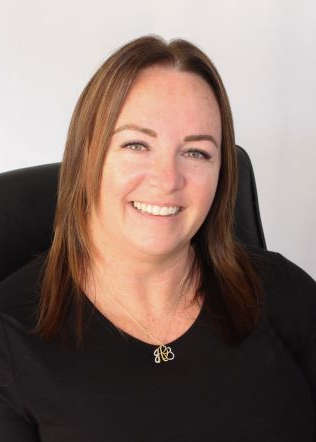
Dr Kate Martin
Director, College for Law, Education and TrainingDr Kate Martin is the Director of CLET Training and has over 15 years experience working with former and current police, military and emergency services workers. With a background in law and raised in a police family, Kate completed her doctoral studies with Charles Sturt University in 2020 having researched the transition processes for first responders and how this impacts their post service employment satisfaction. In her pursuit of answers for the challenges faced by service personnel Kate holds 11 higher education qualifications including a Master of Disaster and Emergency Response from Edith Cowan University, a Master of Policing, Intelligence and Counter Terrorism from Macquarie University and a Bachelor of Psychological Science from Swinburne University.
Kate’s work with CLET Training directly applies evidence-based research to support police, military and emergency services personnel in understanding their reality, both in and out of the job, and to help with the transition process, when it occurs. Acknowledging that physical and mental health injuries are only part of the challenge faced by this group, Kate’s work has a direct focus on the diverse and complex nature of the service-based experiences and seeks to offer an informed approach to pave the way both within and without service.
Dr Sadhbh Joyce
Senior Psychologist & Co-founder, Mindarma And The Black Dog Institute
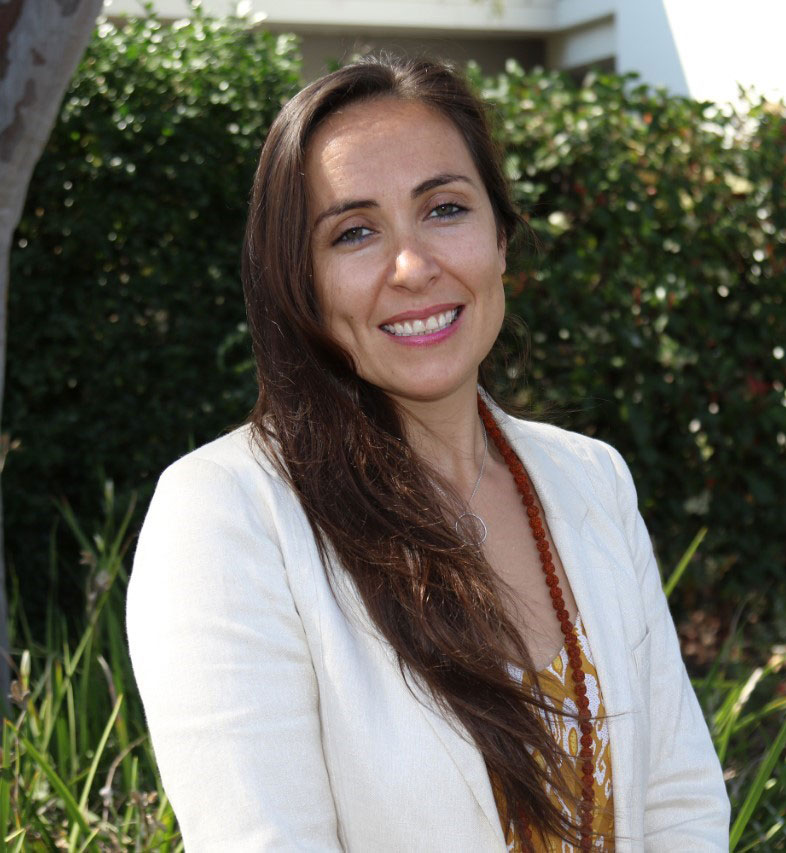
Dr Sadhbh Joyce
Senior Psychologist & Co-founder, Mindarma And The Black Dog InstituteDr Sadhbh (Sive) Joyce) is the Principal Psychologist, meditation teacher and co-founder of Mindarma and has experience across clinical, academic and industrial settings. She is an External Fellow with the Black Dog Institute and UNSW Medicine. Sadhbh has over 17 years’ experience working in Mental Health. She provides evidence-based therapy to those struggling with anxiety, depression, trauma, bereavement and workplace injury. Sadhbh has worked in inpatient and outpatient settings as well as occupational rehabilitation. Following her research with first-responders, Sadhbh co-founded Mindarma in 2016 with the aim of bringing evidence-based programs to the workplace. This award-winning holistic program teaches practical skills and strategies to help bolster adaptive psychological resilience and wellbeing. Mindarma has since been adopted as a core workplace mental health initiative by numerous organisations including Ambulance Victoria, New South Wales Ambulance, NSW Health, Department of Fire and Emergency Services Western Australia, UNICEF, Queensland Fire and Rescue, Queensland SES, Queensland RFS, NSW Health Pathology, Reuters, Department of Communities and Justice NSW, Business Victoria, Mercy Health Services Victoria, MS Australia, UNSW- LAW, University of Wollongong, TAFE Queensland and TAFE NSW. Sadhbh was recently awarded the Australian Psychological Society Significant Contribution Award in recognition of her successful translational research. You can read more about Sadhbh’s work here.
Mr Buck Reed
Associate Lecturer in Paramedicine, Western Sydney University
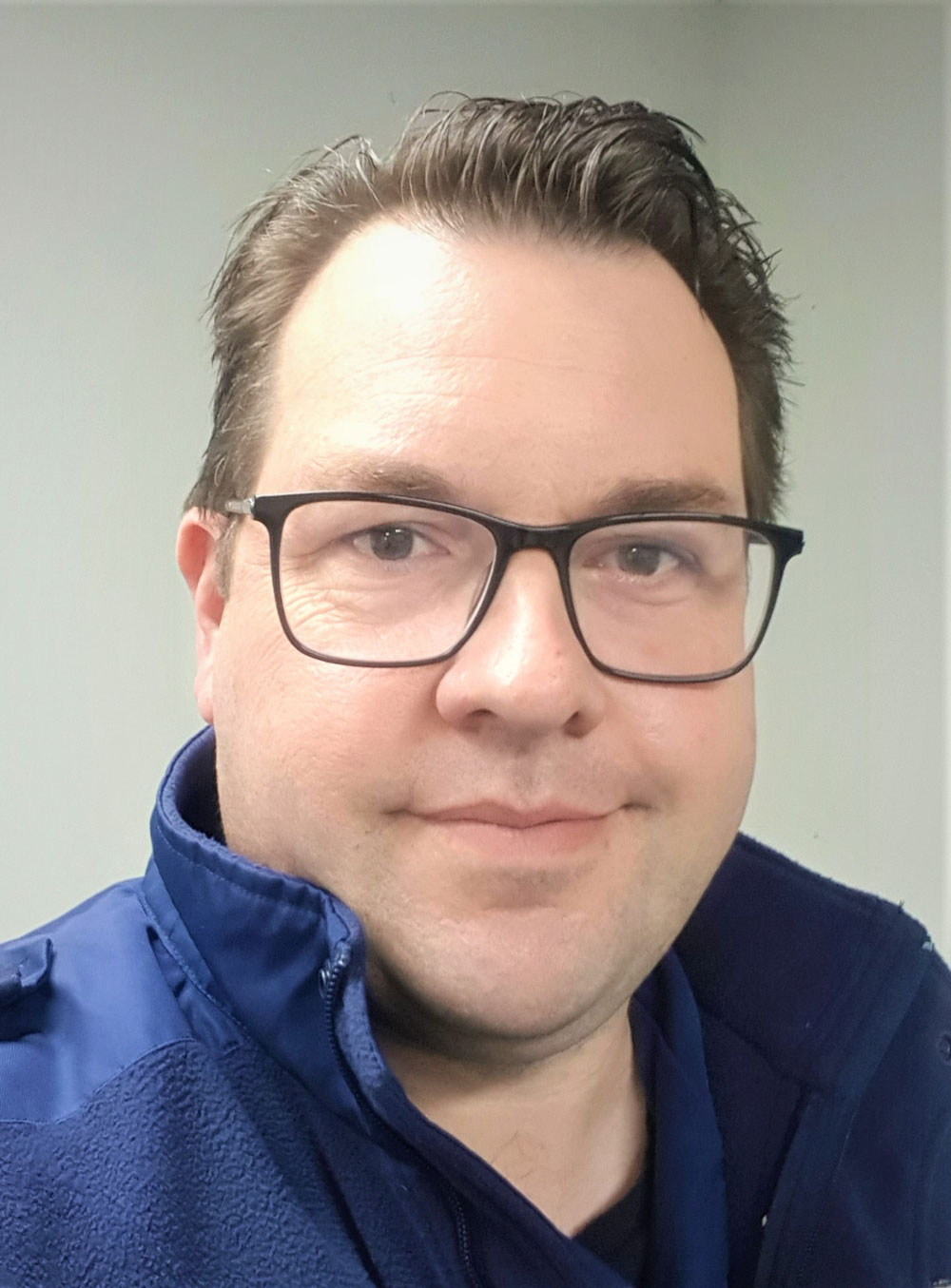
Mr Buck Reed
Associate Lecturer in Paramedicine, Western Sydney UniversityBuck Reed is Lecturer in Paramedicine at the Western Sydney University; Buck is a Registered Paramedic and practices clinically in the state of New South Wales. Buck is a Churchill Fellows and first paramedic graduate of the NSW Health Rural Research Capacity Building Program. Buck is a PhD candidate researching paramedic regulation and identity and holds a Master of International Health Management. Buck has been involved in designing wellbeing programs around paramedicine students and has presented on paramedic student resilience and wellness. Buck is heavily involved in the Australian paramedicine community as an academic, researcher and a member of the Australian College of Paramedicine Future of Paramedicine Working Group.
Mr James Maskey
Engagement Manager, Fortem Australia
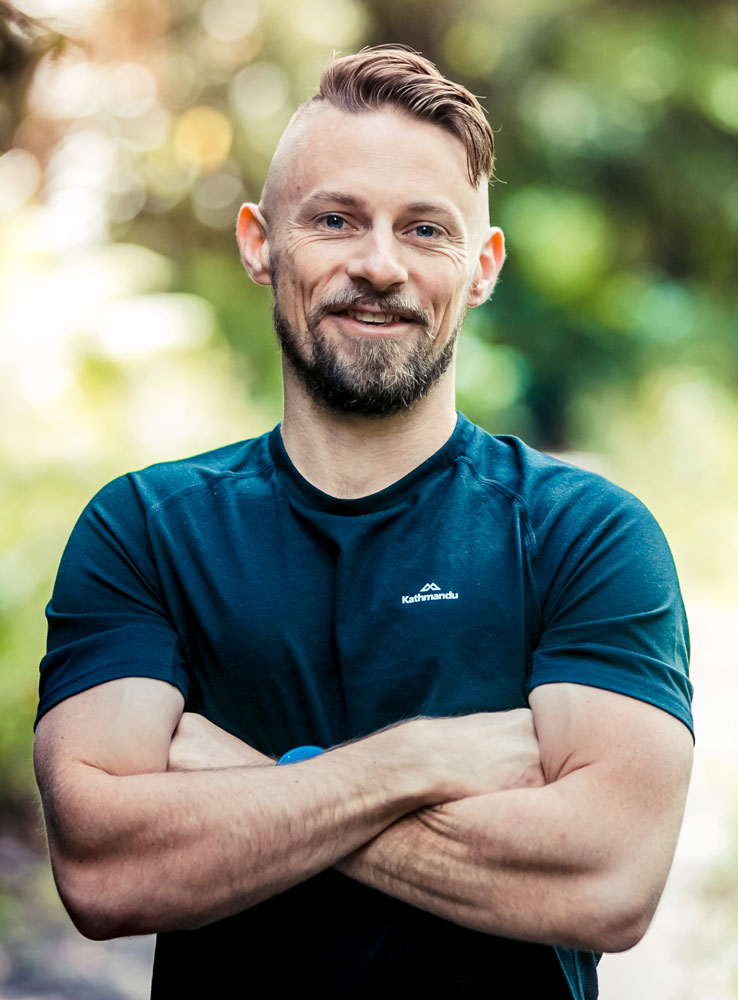
Mr James Maskey
Engagement Manager, Fortem AustraliaJames Maskey is a passionate engagement and advocacy professional, striving to enhance the mental, personal and social wellbeing of the emergency services community. James is also a retired front-line Queensland Police Officer with a service history including General Duties and the Child Protection & Investigation Unit. In 2013, James was diagnosed with Post Traumatic Stress Disorder.
James is currently the 'Engagement Manager' of Fortem Australia. Fortem provides evidence-based, comprehensive and integrated mental health and wellbeing support to first responders, and their families. In this position, James is responsible for developing and implementing engagement strategies across multiple stakeholders, including corporate, national security and first responder agencies to build sustainable and mutually beneficial partnerships.
In addition, James remains a tireless advocate of creating mentally healthy workplaces, tackling stigma and improving help-seeking behaviours in the emergency services sector. In doing so, James supports executive and front line leaders in the emergency services sector to drive industry-led and sustained educational, cultural and policy changes that have a tangible impact for those on the ground.
For his ongoing mental health advocacy pursuits, in March 2020, James was recognised as one of 25 Pro Bono Australia Impact 25 Award recipients for 2019. In May 2019, James was also announced as a finalist in the Victorian Young Achiever of the Year Award in the ‘Create Change’ category.
As a world record holder and ultra-endurance athlete, James has represented Australia on the world stage in ultra-marathon running, raising funds for mental health organisations. James utilises his endurance pursuits as a platform to passionately share his own lived experience of mental health difficulties, challenge mental health stigma and encourage the help-seeking behaviours of others who may be impacted by mental health conditions.
Matt Newlands
Stakeholder Engagement Manager, Military and Emergency Services Health Australia (MESHA)
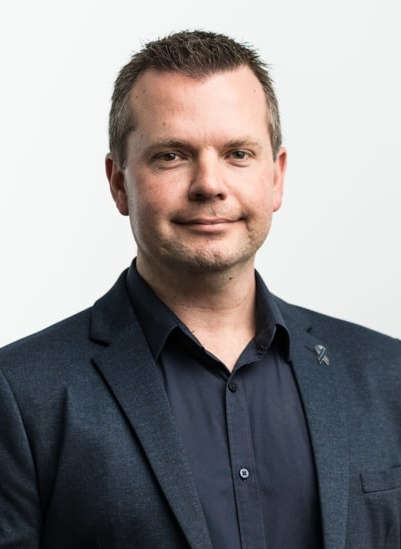
Matt Newlands
Stakeholder Engagement Manager, Military and Emergency Services Health Australia (MESHA)Matt Newlands is the Lived Experience Stakeholder Engagement Manager for Military and Emergency Services Health Australia.
As a former Police Officer with the SA Police; serving ten years in uniform and plain-clothes frontline roles, Matt was diagnosed with post-traumatic stress and depression in 2015. Matt spent the following years learning strategies to not only survive but thrive despite mental health challenges.
Matt also operates his own business presenting keynotes, counselling first responders and delivering workshops. Matt is a national Community Ambassador for RUOK? and holds a position on the South Australian Government’s Suicide Prevention Council, representing the first responder community.
Tara Lal
Senior Firefighter and Peer Supporter, Fire & Rescue NSW
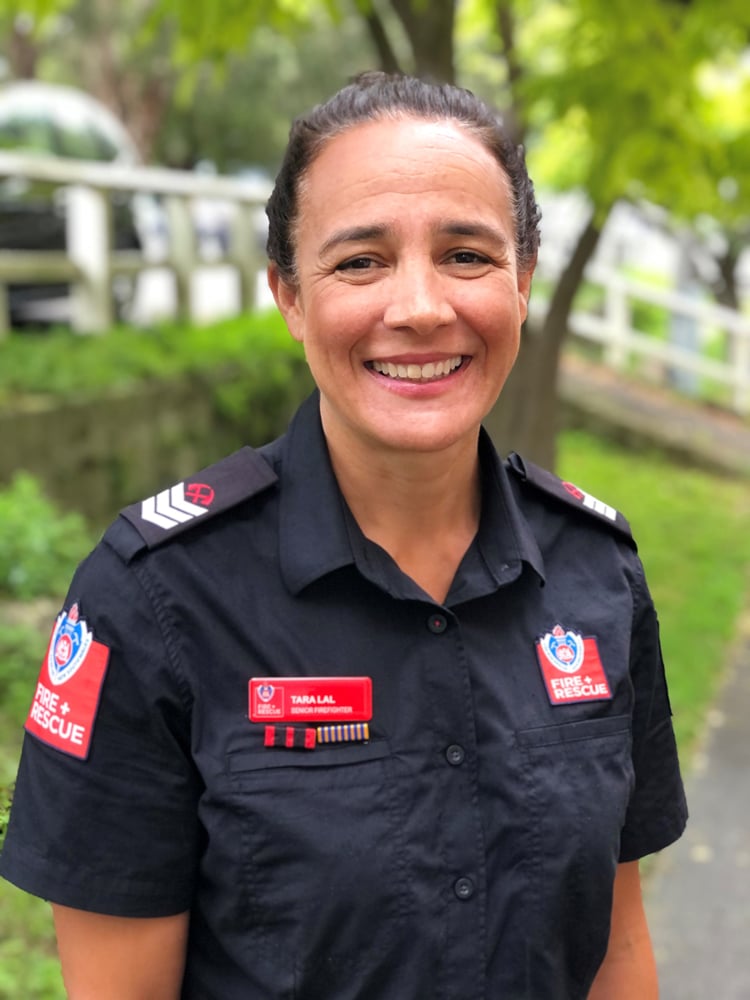
Tara Lal
Senior Firefighter and Peer Supporter, Fire & Rescue NSWTara is a professional firefighter and peer support officer with Fire and Rescue NSW. She is also a PhD candidate at the University of New England and was awarded the inaugural Australian Rotary Health scholarship for research into the mental health of emergency service workers in 2018. Her research focusses on understanding the impact of suicide on firefighters. She is also the internationally published author of Standing on My Brother’s Shoulders – Making peace with Grief and Suicide. Tara is a Mental Health First Aid instructor and has managed the psychological wellbeing program in Fire and Rescue NSW working with researchers at the Black Dog Institute to implement programs aimed at building resilience and improving mental health outcomes in firefighters. She was a finalist in the Rotary Inspirational Woman of the Year awards in 2017 and was awarded the Australian Fire Service Medal in 2022 for her work supporting the mental health of firefighters. In March 2021 Tara cycled 5000km unsupported from the western most point to the eastern most point of Australia raising over $21k for Lifeline and awareness for two organisations for which is an ambassador - Fortem Australia and StandBy Support After Suicide. Her mission is to use the voice of lived experience in her research to effect meaningful change at individual, organisational and community level.
Adrian Burke
Director, Response Mental Health Peer Support
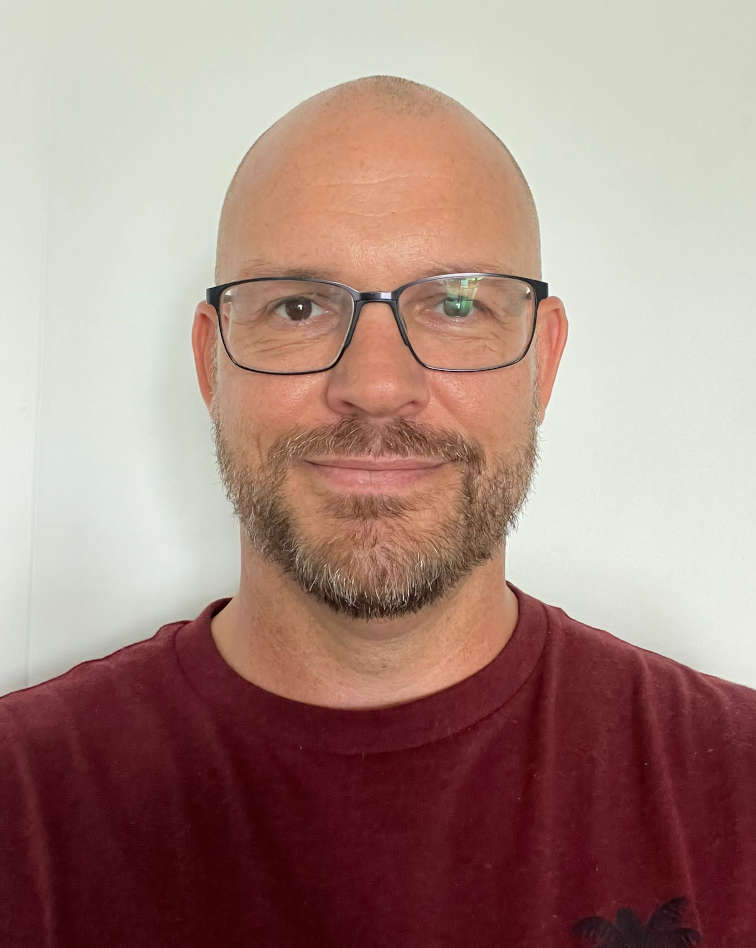
Adrian Burke
Director, Response Mental Health Peer SupportI am a current serving Custodial Correctional Officer with Queensland Corrective Services for over ten years with a Lived experience in PTSD.
I am also the founder of Response Mental Health Peer Support Inc. Response began as a closed Facebook group which has rapidly grown to around 1200 members.
We then became a not for profit, and soon after we achieved a major goal and millstone of being registered as a charity with the ACNC.
Response is run by Custodial Correctional Officers with a lived experience and is established to be a charity whose purpose is to advance health by preventing and controlling post-traumatic stress disorder (PTSD) of custodial correctional officers in Queensland, by undertaking the following activities:
- Raising Awareness
- Building Stronger, healthier, Socially Connected and Resilient Officers
- Research
- Financial Assistance
Stuart Bartels
Executive Director, Australian Institute of Police Management
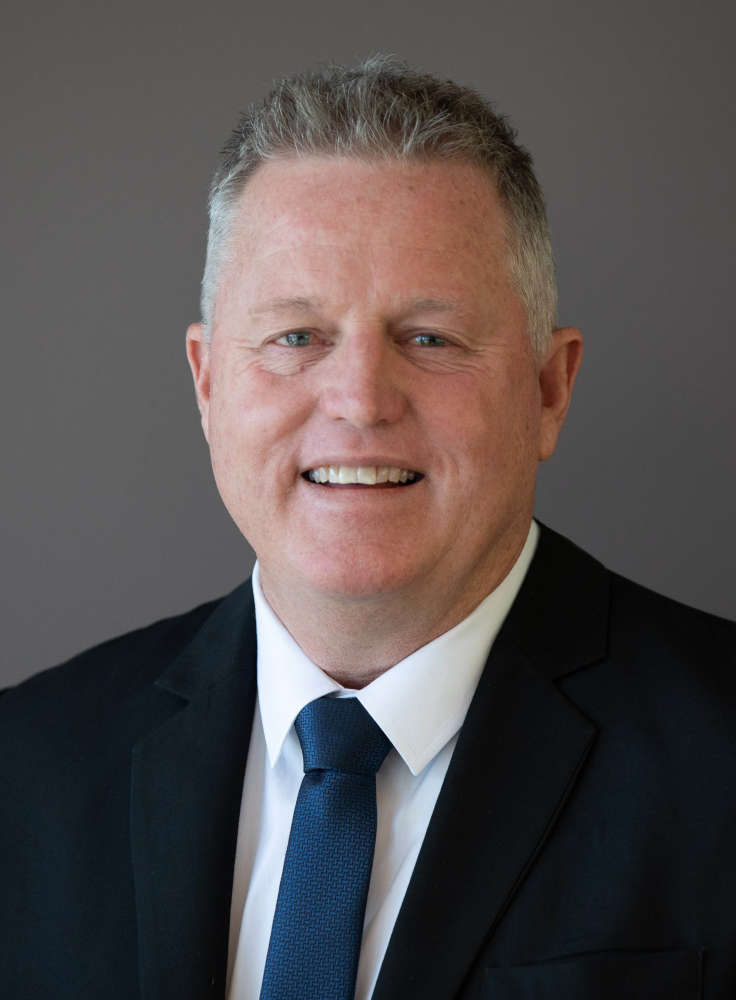
Stuart Bartels
Executive Director, Australian Institute of Police ManagementStuart Bartels is the Executive Director of the Australian Institute of Police Management (AIPM). Unique in the police and public safety landscape, the AIPM works with hundreds of police and public safety leaders each year to nurture and develop their executive leadership capabilities.
Drawing on an extensive policing career, Stuart champions and drives the connection between today’s complex policing and public safety challenges and the role of leaders and leadership. A passionate advocate for people centred leadership, Stuart views leadership development as an experiential process and is committed to creating a safe learning environment where leaders can reflect, challenge, observe, and grow.
Stuart views contemporary national and international policing and public safety context as central to leader development, and to that end continues to drive partnerships with organisations across the globe. The list of partner organisations is extensive and includes local and international universities, peak policing bodies, First Nations leaders, mental health advocates, and law enforcement bodies including the FBI, the US Federal Law Enforcement Training Centre (FLETC), Police Scotland, Netherlands Police, Singapore Police, Pacific Island Chiefs and many more. Within this list of organisations Stuart sits on a range of related committees and advisory boards.
Stuart’s qualifications include a Master of Public Policy and Administration and a Bachelor of Science (Forensic Investigation). In addition, he is a proud graduate of the AIPM’s own Police Leadership Strategy (PLS), a graduate of the FBI’s National Executive Interchange program, and an IECL Certified Organisational Coach. Stuart has been awarded a Commissioners Commendation, the Commissioners Medal for Excellence and an Australian Police Medal.
Stuart is married with two children and in his spare time enjoys music and sport.
Adele Saunders
Manager, Psychological Health and Wellbeing
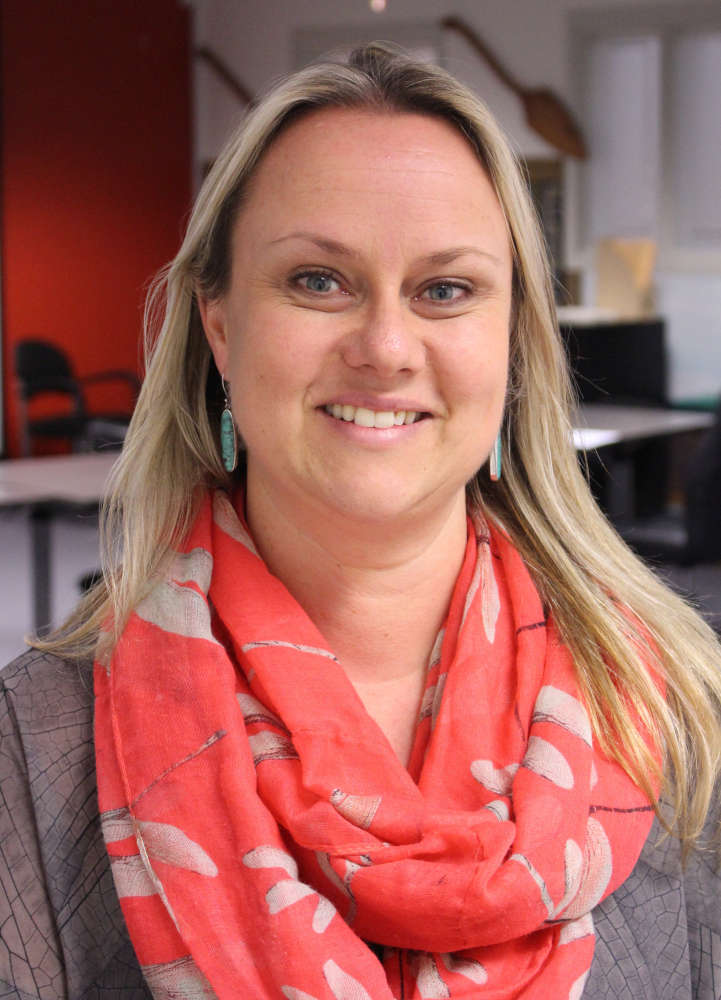
Adele Saunders
Manager, Psychological Health and Wellbeing Adele Saunders is a Registered Psychologist, who started her career working with individuals presenting with complex issues relating to their experiences of trauma. With over 18 years of experience, Adele has provided therapeutic intervention for individuals and families as well as developing staff and organisations through coaching, education and supervision. Adele currently works for St John as their Manager of Psychological Health and Wellbeing, where she is responsible for developing and implementing a robust mental health and wellbeing strategy in this high-risk organisation. This has meant that in the last few years Adele has been closely involved in supporting the St John Ambulance staff following major incidents such as the Christchurch Mosque attacks, the Whakaari eruption and more recently the COVID-19 Pandemic response.Lieutenant Colonel Jacqueline Costello
Commanding Officer, 1st Psychology Unit, Australian Defence Force
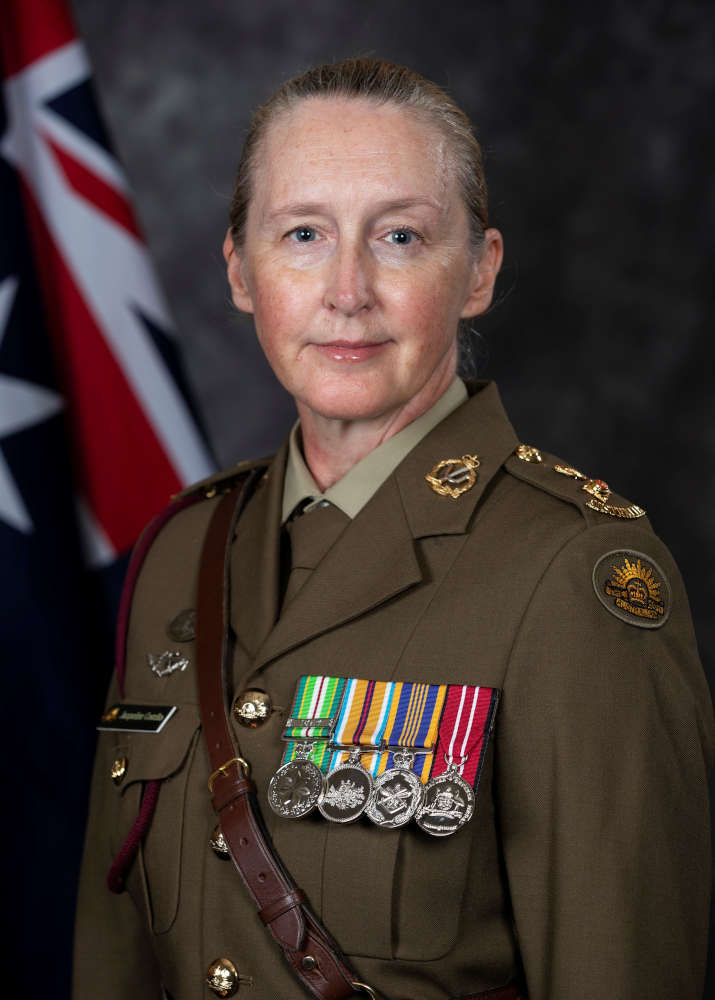
Lieutenant Colonel Jacqueline Costello
Commanding Officer, 1st Psychology Unit, Australian Defence ForceLieutenant Colonel Costello was commissioned into the Australian Army in 2002 and has undertaken a diverse range of clinical, organisational, operational, command and staff appointments during her service. Lieutenant Colonel Costello holds a Masters Degree in Organisational Psychology and currently leads the Human Performance Optimisation team at Headquarters Forces Command. She has served as the Officer-in-Charge of the ADF Centre for Mental Health, as the Senior Psychologist in the Commander’s Advisory Group at Forces Command, and prior to her current appointment, as the Commanding Officer of the 1st Psychology Unit.
Registration Options
In-Person
2 DAY PROGRAM
$1,199 + GST
- All keynote presentations
- All concurrent presentations
- Discounted accommodation rates
- Access to conference app
- 5 star conference catering package
- Access to exclusive networking functions
- Complete online access to audio and visual presentations for 30 days post-event
- Printed conference materials
- Over 10 hours towards CPD points
- Your personalised certificate of attendance
- Exposure for your organisation
- Plus, chances to win great prizes!
Please fill in your details below to begin your registration.
In-Person Group
2 DAY PROGRAM
$850 + GST
Price is per person.
minimum group of four (4).
- All keynote presentations
- All concurrent presentations
- Discounted accommodation rates
- Access to conference app
- 5 star conference catering package
- Access to exclusive networking functions
- Complete online access to audio and visual presentations for 30 days post-event
- Printed conference materials
- Over 10 hours towards CPD points
- Your personalised certificate of attendance
- Exposure for your organisation
- Plus, chances to win great prizes!
Conditions apply.
Please fill in your details below to begin your registration.
Virtual
2 DAY PROGRAM
$549 + GST
- Live streaming of all keynote presenters
- Live streaming of all sessions in the plenary room over two day conference period
- Virtual presentations
- Complete online access to audio and visual presentations for 30 days*
- Over 10 hours towards CPD points
- Your personalised certificate of attendance
*Access to all audio and visual presentations will be made available 5 business days after the conference has taken place, and will expire 30 days after access has been granted. Options to extend access will also be made available after 30 days.
Please fill in your details below to begin your registration.


Venue & Accommodation
RACV Royal Pines Resort
Ross Street, BENOWA QLD 4217
Accommodation
Run of House Rooms - $235.00 per room per night
Run of House Room with breakfast for one - $265.00 per room per night
Run of House Room with breakfast for two - $295.00 per room per night
If you have any questions, please contact us here - Contact Us.
Networking Function
Date: Monday 6 March 2023
Time: 5.00pm - 6.30pm
Cost: Included in your delegate registration. $77 for guests.
Catering: Drinks and canapes will be provided.


.jpg?width=350&height=114&name=MESHA-Logo-RGB-F-web%20(1).jpg)


.png?width=250&height=92&name=E%26S_ExternalBlue2%20(2).png)
